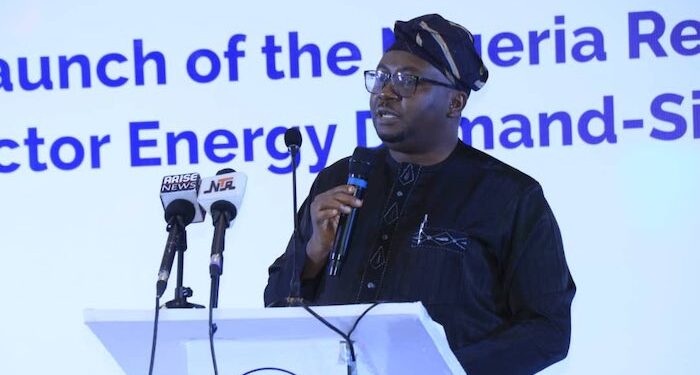FG partners private sector and global institutions to transform electricity access and drive economic growth by 2030
The Federal Government has reaffirmed its commitment to delivering reliable electricity to Nigerians, disclosing that $32.8 billion will be required to achieve universal power access across the country. Speaking at the Mission 300 Stakeholders Engagement Meeting in Abuja on Tuesday, Minister of Power, Chief Adebayo Adelabu, said $15.5 billion of this funding must come from private sector investment.
The event, hosted at the Transcorp Hilton, brought together high-level stakeholders to strategize on the path toward closing Nigeria’s energy access gap.
Mission 300: Powering 300 Million Africans by 2030
The Mission 300 initiative, led by the World Bank Group and the African Development Bank (AfDB), aims to connect 300 million people in Sub-Saharan Africa to electricity by 2030. Nigeria is a key part of this vision, given its population and energy needs.
Adelabu said the government is laying a sustainable foundation for the energy sector through structural reforms and innovation, critical for driving long-term economic development.
“Mobilising this level of financing will demand innovation, coordination, and a shared commitment,” Adelabu said.
He called on development partners, philanthropic institutions, the private sector, and civil society to align efforts to deliver results, moving from policy talk to real-life impact in hospitals, schools, industries, and homes.
Key Priorities: Liquidity, Clean Energy, and Grid Stability
The Minister outlined several priority areas in the government’s power sector reform agenda:
-
Clearing a ₦4 trillion debt owed to generation companies due to unpaid government subsidies (as of December 2024)
-
Transitioning to a cost-reflective tariff regime with targeted subsidies for vulnerable citizens
-
Expanding generation capacity, including tapping idle assets and integrating clean energy
-
Strengthening national grid reliability to prevent frequent collapses
-
Boosting the distribution segment through programs like the Presidential Metering Initiative (PMI) and the World Bank-funded DISREP
Adelabu also emphasized expanding rural electrification, investing in renewables, and enhancing human capital through the ministry’s training institute to reduce import reliance and create jobs.
Finance Minister: Power Reforms Driving Results
Joining virtually from Brazil, Minister of Finance Wale Edun praised the reform efforts, noting they had led to a 40% increase in power distribution in Q1 2025. He emphasized the link between energy reform, job creation, and national productivity.
The event also featured participation from key figures including the Minister of Innovation, Science and Technology, Chief Geoffrey Nnaji; Special Adviser to the President on Energy, Olu Verheijen; and representatives from the World Bank, energy agencies, and private sector partners.


